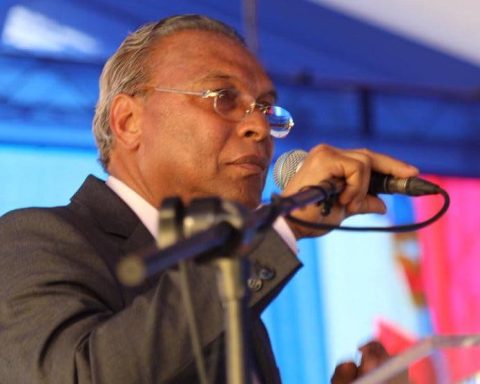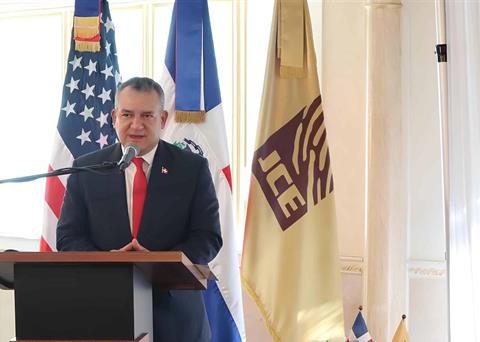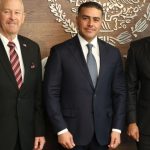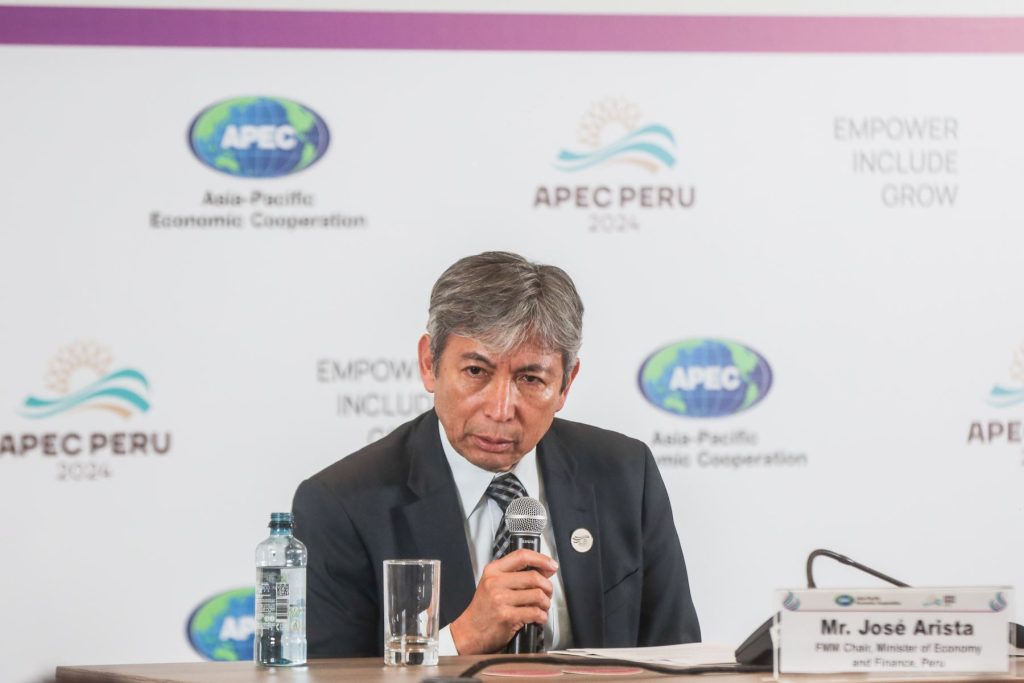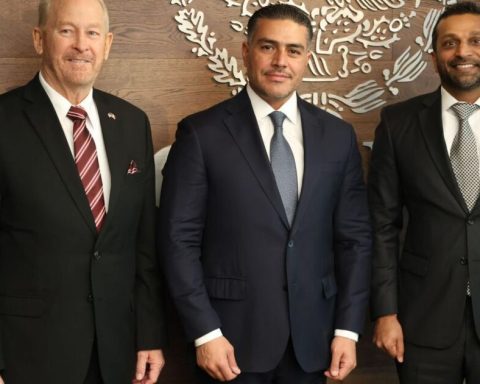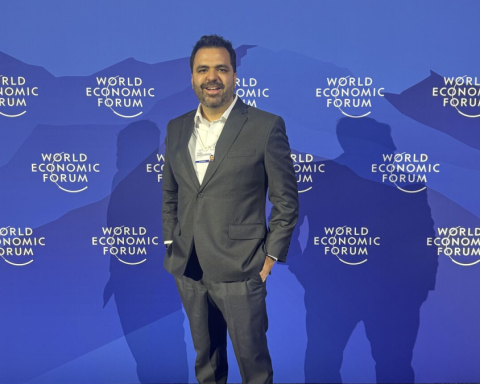After what happened with the “Tax Modernization Law”, which the President Luis Abinader requested that it be withdrawn from the National Congress, the same productive sectors and experts who opposed the legislative piece recognize the importance of increasing State income.
However, they advocate a fiscal pact in which each is evaluated industryproductive sector and its impact on the vulnerable and working class of the country. In fact, not doing so would lead the local economy down a path of deterioration, without being able to reach the desired level of investment, weakening the potential economic growth.
The main international organizations, such as the World Bank (BM) and the International Monetary Fund (IMF), predicted an increase in debt interest and an increase in interest rates if the country does not improve its finances.
In its Article IV consultation with the Dominican Republic, the IMF concluded that “there is an imperative tax reform comprehensive that lastingly increases the tax revenue -by eliminating tax exemptions and expanding the tax base- and improve the efficiency of spending, above all, with a reduction in subsidies to the electricity sector and non-targeted transfers.
They indicated that, in this way, the space that the country needs for development spending will be created, which should include the construction of infrastructure resilient to natural disasters, in order to promote more inclusive growth in the country.
What’s next?
Regarding the recent cancellation of the reform on the part of the Government, the World Bank reported that the Dominican Republic needs mobilize resources to boost growth, have a more resilient economy, reduce inequality and improve fiscal sustainability.
“As reforms follow fundamental principles such as equity, progressivity and economic efficiency, improving domestic resource mobilization in the Dominican Republic offers several advantages,” stated the country representative of the World BankAlexandria Valerio.
Among the advantages, he highlighted the creation of a fiscal space necessary to boost investment and improve public services for all citizens, the possibility of stimulating economic growth modernizing the tax system and reducing compliance costs for businesses and consumers homes.
Furthermore, an increase in tax revenue could contribute to improving the investment climate, by strengthening fiscal perspectives and improving the credit rating granted by risk rating agencies, he responded.
Ultimately, the WB assured that it was available to support the country, “especially through the presentation of international experiences that accompany the goals of the country’s vision,” commented Valerio.
Free Diary consulted the economist and executive vice president of the Regional Center for Sustainable Economic Strategies (Crees), Miguel Collado Di Franco, who observed that the authorities consumed “political capital important” with the reform that they presented. In the processes of reform It is important to manage that capital or support from the population well, he said. “Consequently, it is time for the government to present a viable reformwhich allows you to collect and, at the same time, takes into account the homes and the business climate of the country,” he said.
He clarified that it is a broad-based reformbut with reduced ratesas Crees had suggested in his proposals for reform.
“These types of reforms do not erode the taxpayer base, but rather tend to expand it and promote the growth of the economy. Meanwhile, on the spending side, the authorities must demonstrate to the population that they are willing to achieve better results with the resources they have, including savings, and that the resources collected will be used for very necessary expenses and to reduce public debt,” the expert said.
He cited that this is the third time that authorities have had to set aside a change in taxes (October 8, 2020, October 27, 2021 and October 19, 2024). “It is time for the economic team to take into account why the president of the republic had to address the nation on those three occasions, dismissing the policies that said team developed. The moment must be seized for another reform and use very well political capital that the authorities can still use,” he added.
Collado suggested to the authorities that, if the next steps for a consensus on the reform s take into account the characteristics described above, such as the Crees proposal.
The thriving tourism
In the case of tourismthe Hotel and Tourism Association of the Dominican Republic (Asonahores) applauded the president’s decision to withdraw the fiscal modernization proposal, recognizing the reality of the fiscal deficit that the Government has and, therefore, it is necessary to review both income and spending.
To achieve a fiscal pactAsonahores indicated that vital issues such as the electricity sector, education, labor informality, among others, must be reviewed. “And we must focus as a society towards a fiscal pact that allows increasing government income, correcting inefficiencies, attacking evasion, increasing formality and promoting job creation,” he said.
The association reiterated its willingness to establish a dialogue through which the best mechanism for the growth of the national economy and the development of each of the Dominicans can be agreed upon, ensuring the State’s collection capacity without this implying cutting off the economic growth and the generation of jobs that directly affect the improvement of the living conditions of all the Dominican people.
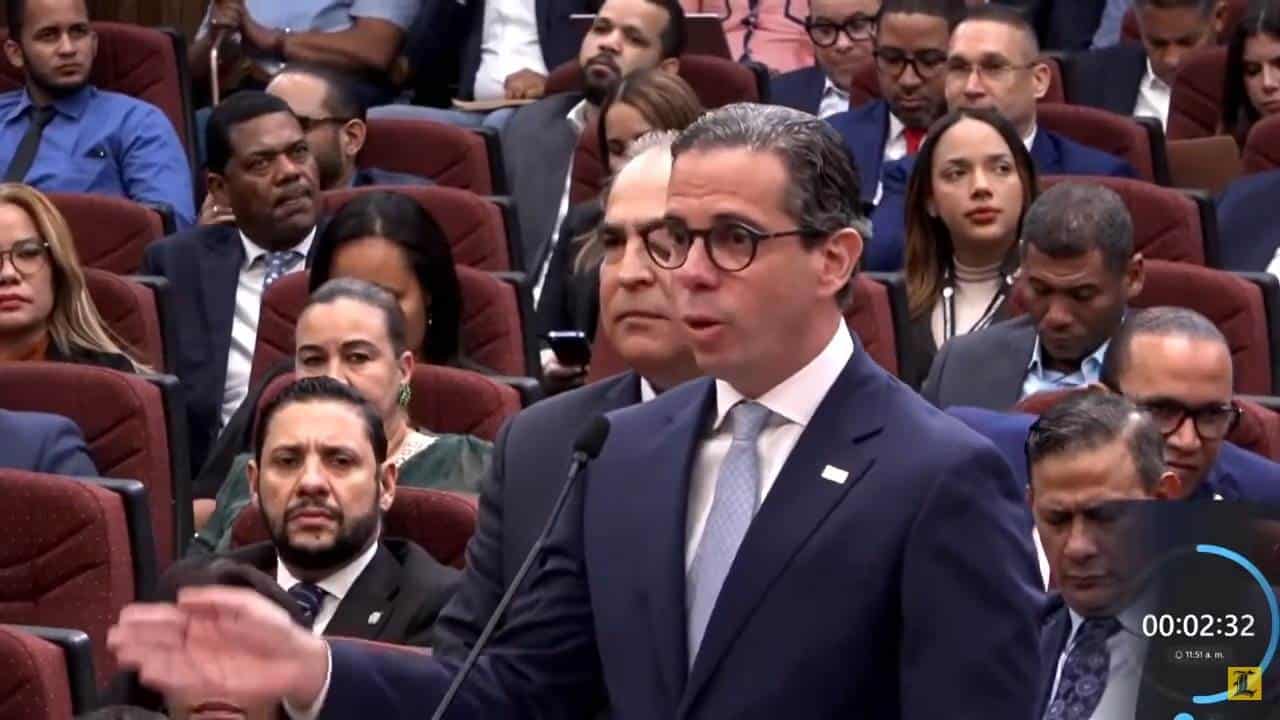
The National Council of Private Enterprise (Conep) deposited a proposal in the Chamber of Deputies to take into account the changes to the Fiscal Modernization Law project during the public hearing.
“The National Development Strategy recognizes the need for a long-term Fiscal Pact. In light of the current discussion of the Fiscal Modernization Project, we visualize the conditions at this stage to advance a great national consensus, oriented towards inclusive and sustainable human and productive development, characterized by the following elements: agile and simple tax system that promotes employment, investment and formalization, which enhances economic growth; tax system that brings with it progressiveness according to the contributory capacity of each sector; avoid distortions and taxes that are a brake on development, that encourage unfair competition and illicit trade; promote the quality, transparency and optimization of public spending; equitable distribution of regional resources, aligned with ESG criteria, respecting acquired rights and enhancing public-private alliances; a consolidated public debt framed in sustainability; a robust accountability system and measurement and monitoring indicators and encourage collection efficiency to increase citizens’ confidence in the tax administration.






